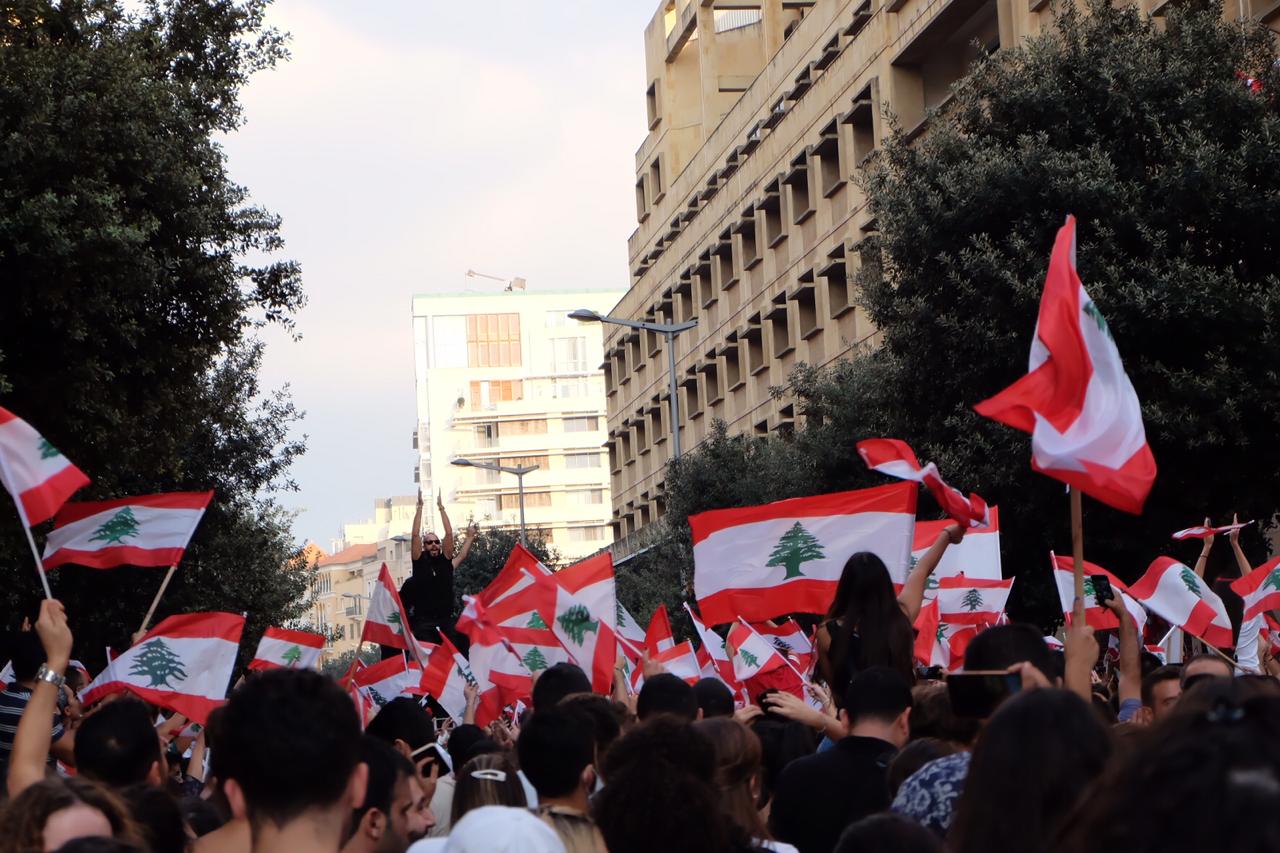
Nonviolent Resistance and Government Repression
Photo credit: Wikimedia Commons A greater number of resistance movements are choosing to adopt nonviolent forms of struggle as the effectiveness of nonviolent resistance becomes more widely known. At the same time, however, the success rate of these nonviolent movements is decreasing. What accounts for this lower rate of success, … Read more
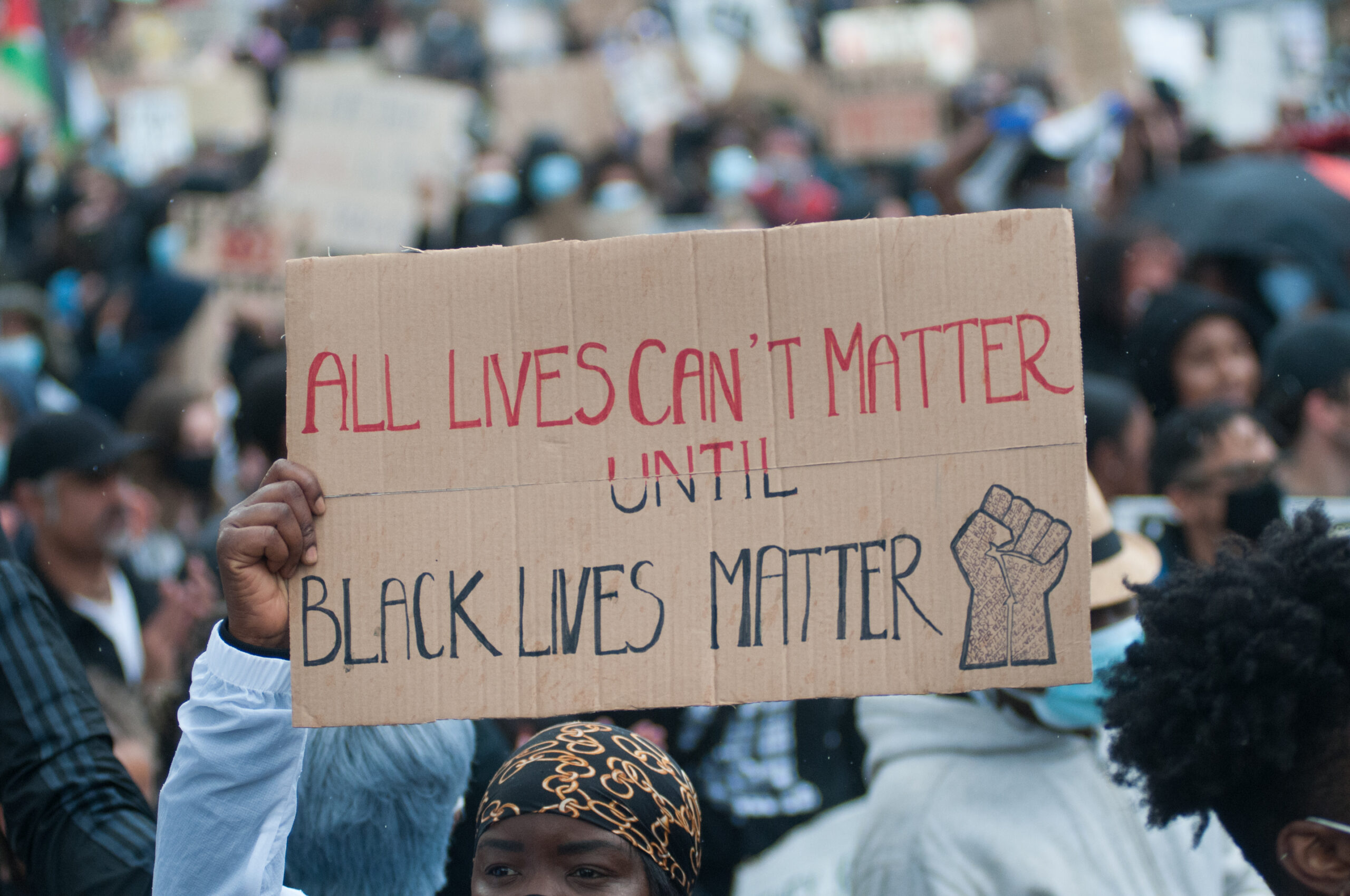
Creating a Broad-Based Movement for Black Lives
Photo credit: Tim Dennell In a scene from Sacha Jenkins’ new documentary, a father asks his 12-yearold son to tell the camera what he’s been told to do if their car is ever pulled over: “Put your hands up on the dashboard, so the police don’t think you have any … Read more
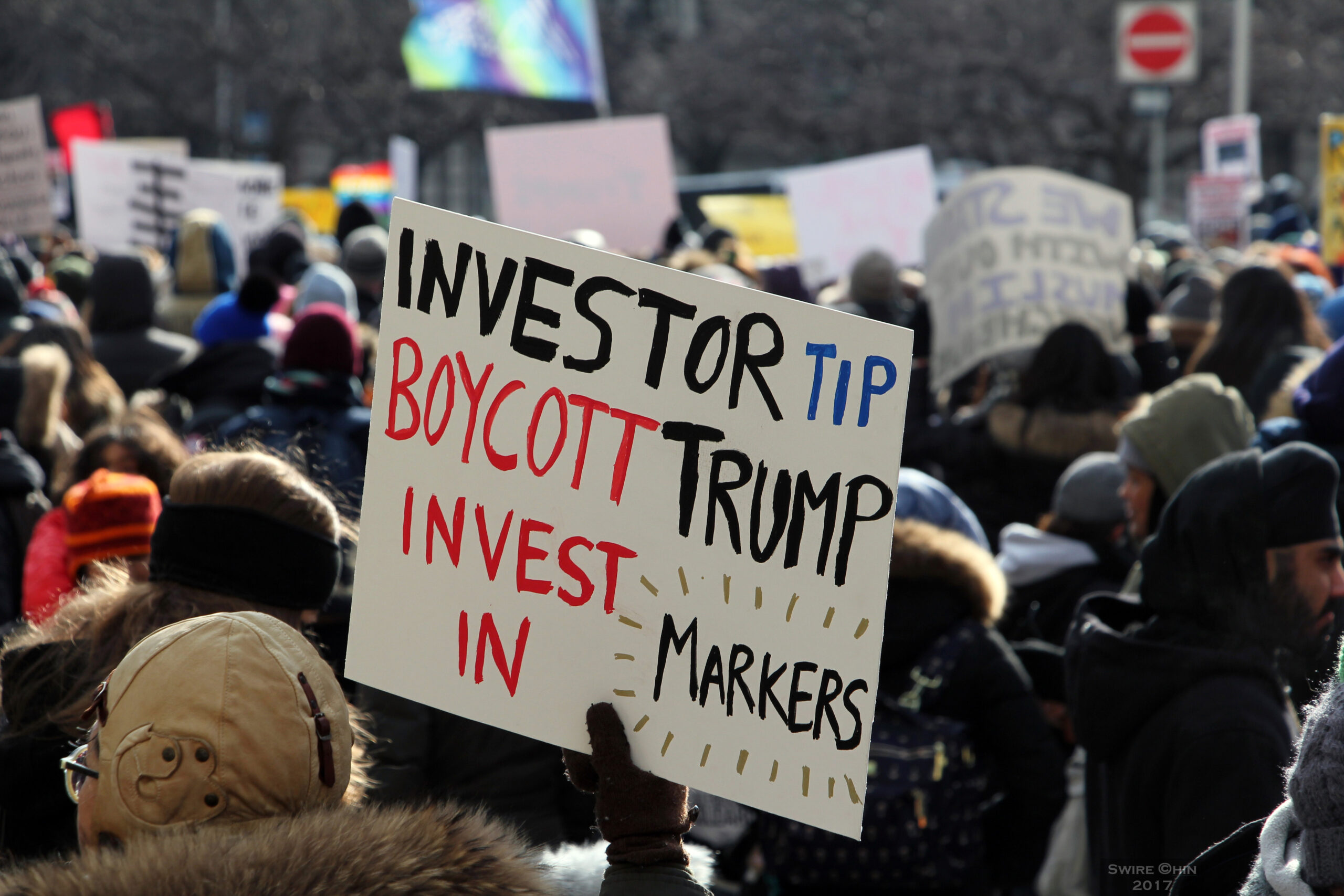
Adding Humor to the Nonviolent “Toolbox”
Photo credit: Can Pac Swire Struggles against human rights abuses or militarism are rarely linked— in thought or discussion—to humor. As serious matters, they deserve serious, strategic thinking about how to dismantle the power structures that enable them. But what if humor itself is a powerful tool for doing so? … Read more
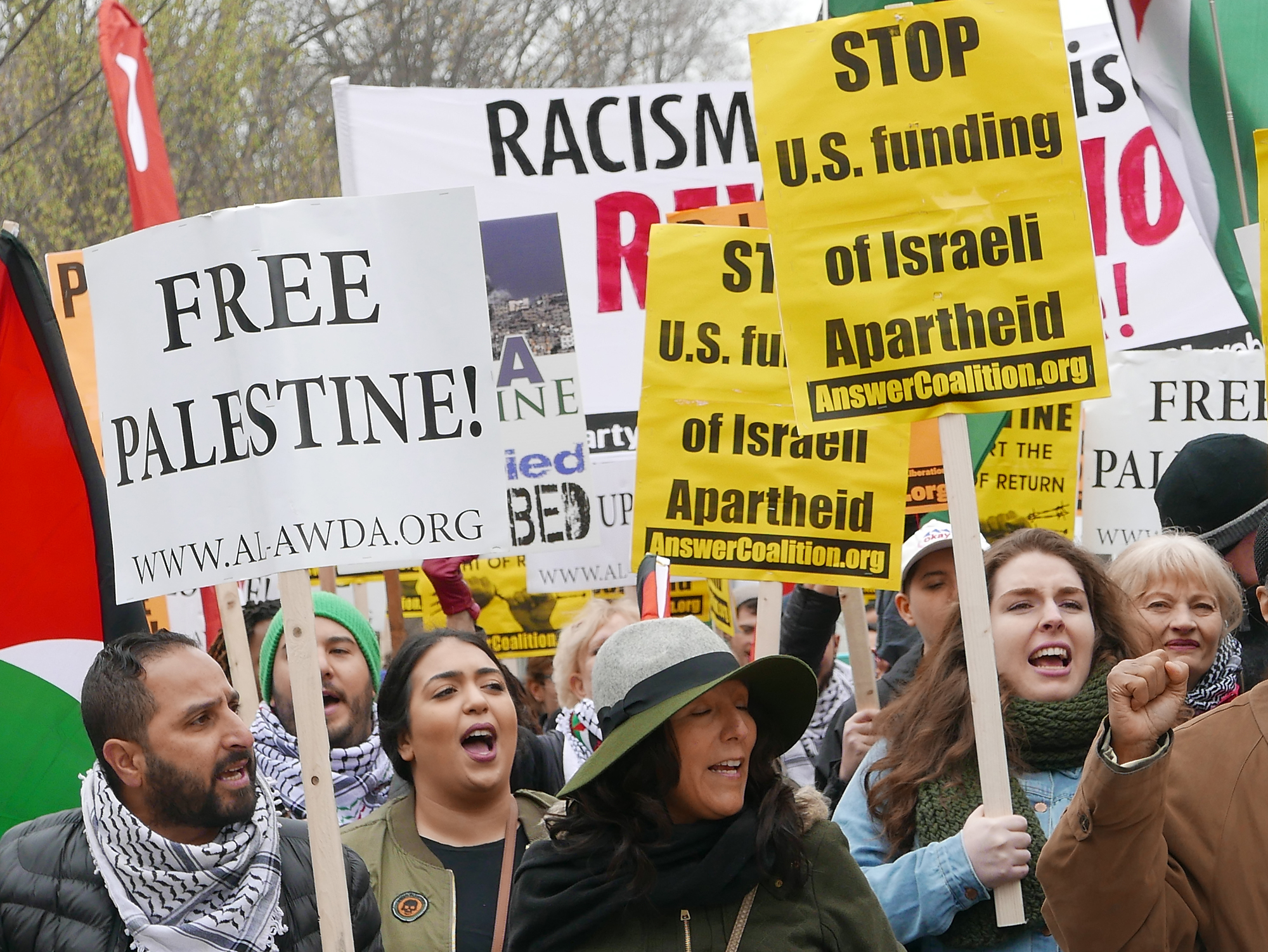
Diversity, Identity, and Privilege Among Multinational Activists in Palestinian Civil Resistance
Photo credit: Susan Melkisethian Contrary to widespread stereotypes regarding the nature of Palestinian resistance, there has long been a tradition of unarmed civil resistance against Israeli occupation—a tradition recently renewed with Israel’s construction of the so-called “separation barrier” (a.k.a. “apartheid wall” [Palestinians] or “security fence” [Israelis]) that separates many West … Read more
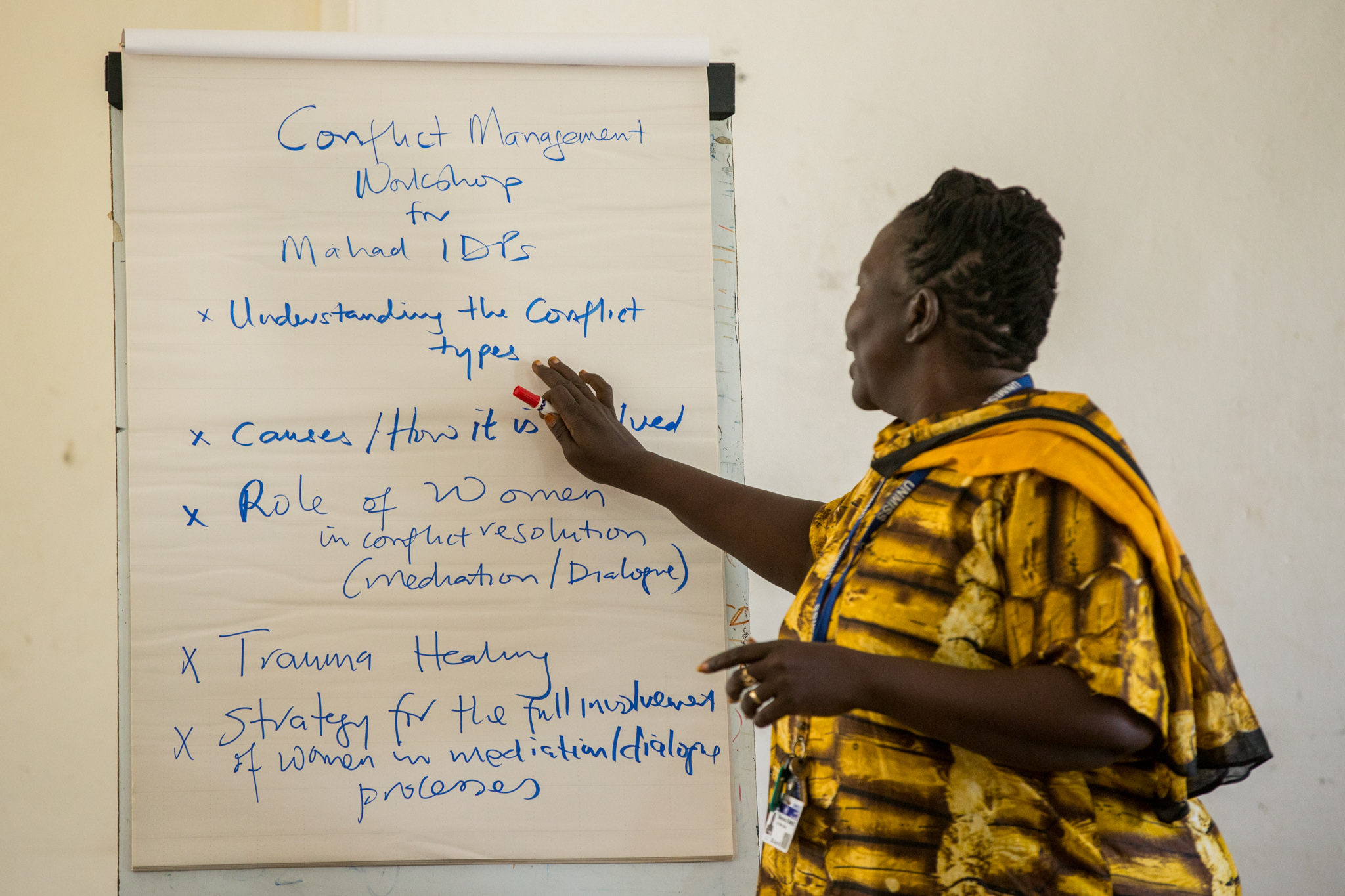
‘Pedagogies of Resistance’ and Critical Peace Education
Photo credit: UNMISS via flickr The field of Peace Education emerged after World War I and II when educators began to teach topics of peace with the hope of avoiding future war. Since then, peace education has branched off into various areas of focus with their own methods of teaching. … Read more
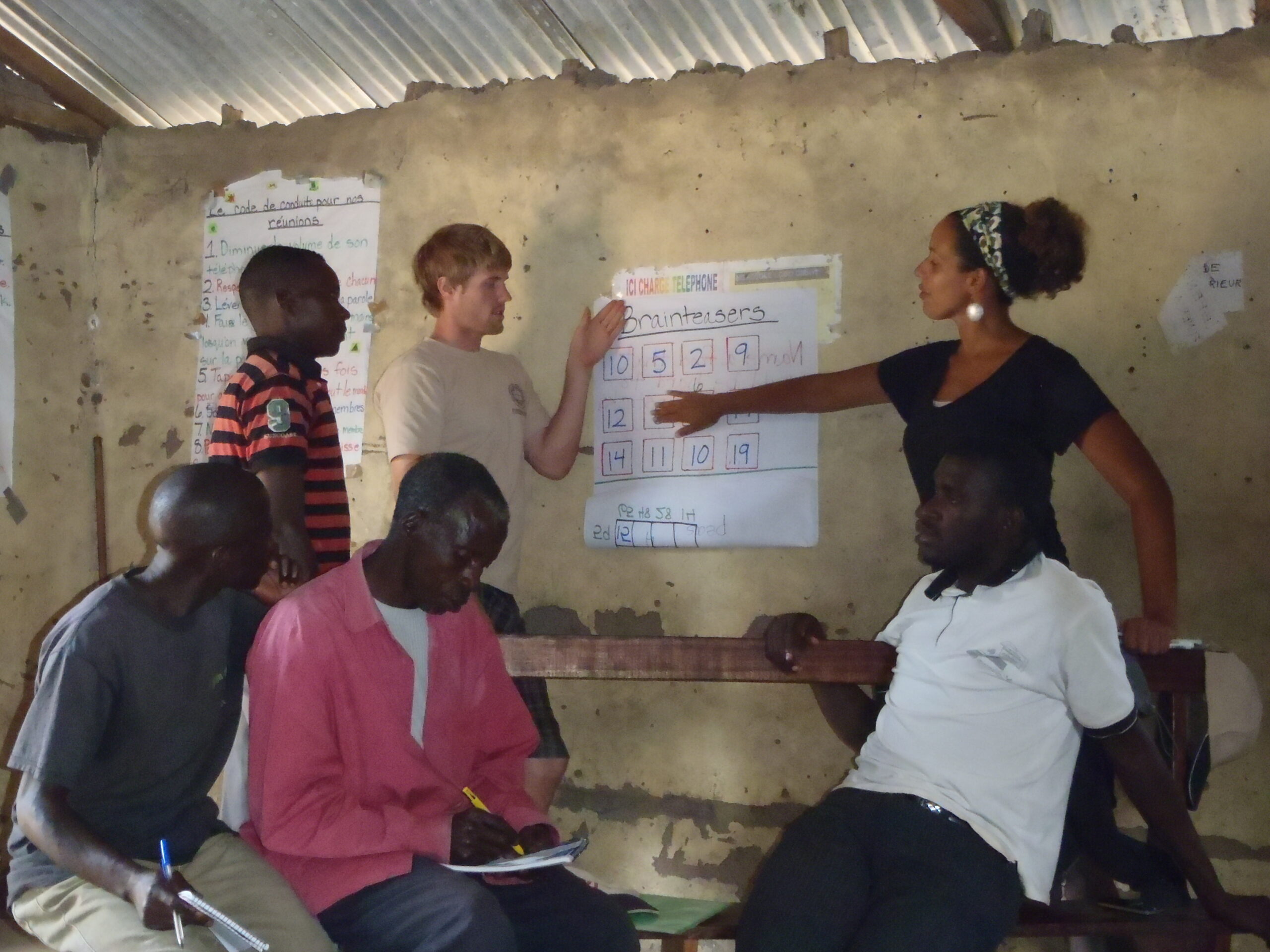
Everyday Peace, Peace Pedagogy and the Big Social Picture
Photo credit: Teachers without Borders In this article, the authors discuss the concept of ‘everyday peace’ as a peace education framework. Co-created with the study participants, everyday peace is based on values and on the individual and structural levels. The research connects peace education to everyday violence in people’s lives. … Read more

Interrupting Generational Cycles of Violence Through Historical Memory
Photo credit: 8 Kome In this article, the author provides a concept of interrupting cycles of violence spreading across generations by connecting collective/historical memory to peace education. She specifically suggests incorporating “oral histories” and “futures visioning” into classrooms and the communities beyond to make peace education more socially relevant. This … Read more
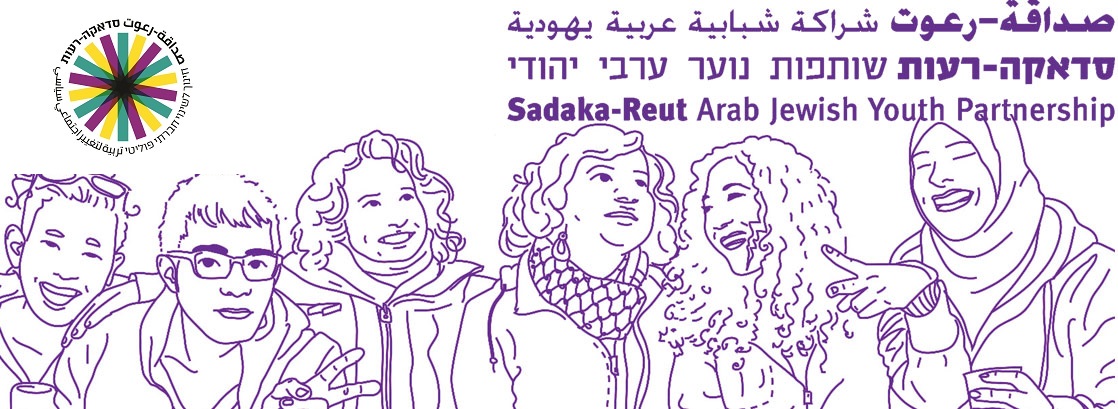
Quality as Critique: Promoting Critical Reflection During Encounter Programs
Photo credit: https://www.reutsadaka.org/ Peace education, in theory and practice, adapts to the context in which it is practiced. In conflict areas, peace education often aims to foster tolerance and understanding of the many perspectives and narratives that are in play. These programs that bring together people from conflicting groups are … Read more
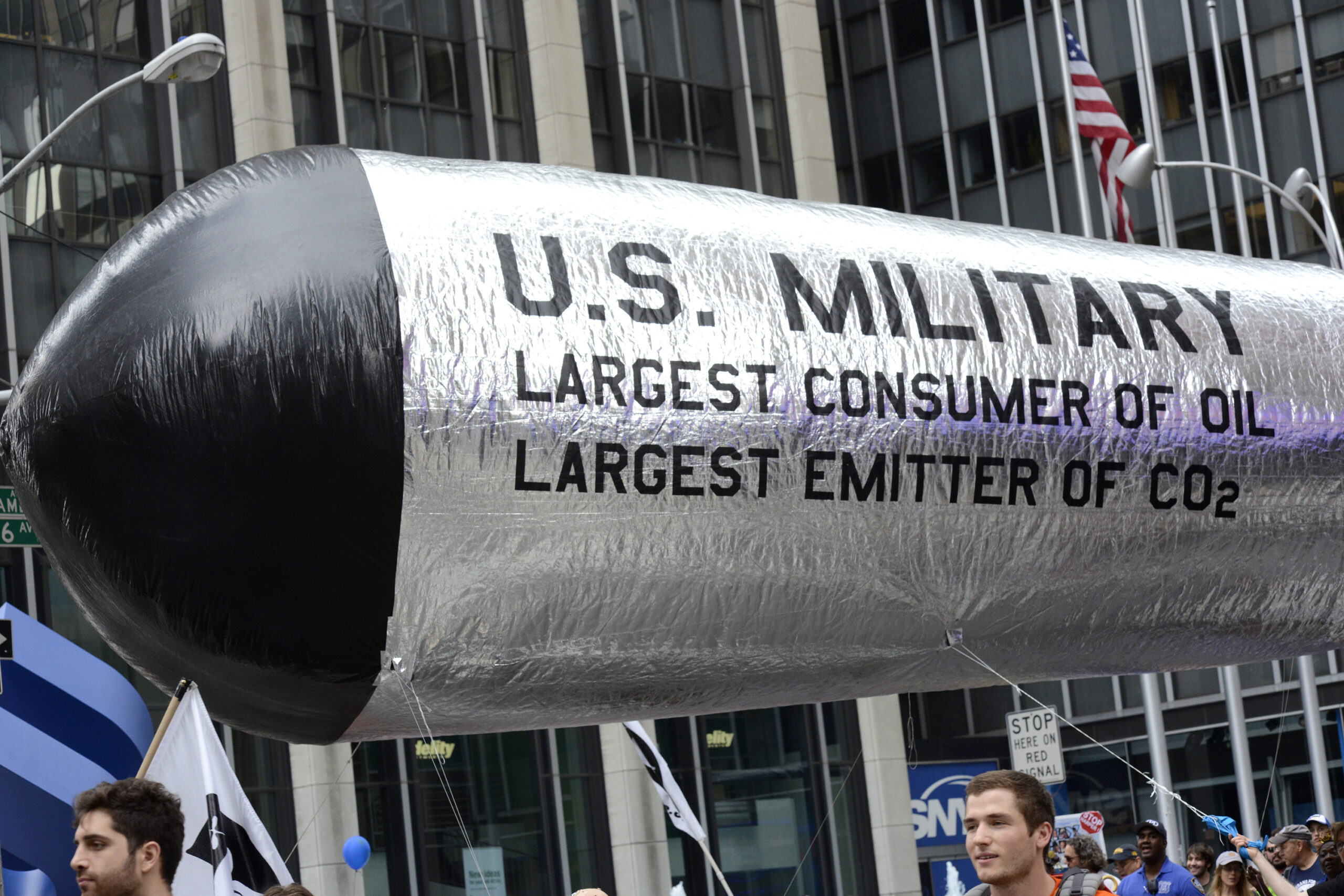
‘Purveyance of Hope’: Climate change, Militarism, and Peace Education
Photo credit: Stephen Melkisethian Over the last 20 years, public education systems have suffered budget cuts, regimented curriculum, high-stakes standardized testing and cuts to teaching and administrative staff. Standardized testing and evaluation, often known as “teaching to the test” have substituted the critical thinking and holistic practices of education that … Read more

Minority Groups, Political Exclusion and Terrorism
When people are excluded from government power or representation, they are more likely to resort to acts of terror to address or avenge their grievances.
Defeating ISIS with Nonviolent Resistance
Photo credit: Ben Schumin This analysis summarizes and reflects on the following research: Stephan, M. J. (2015). Civil Resistance vs. ISIS. Journal of Resistance Studies, 1(2), 127-150. Retrieved from http://resistance-journal.org/ Summary The Islamic State of Iraq and Al-Sham (ISIS) is a radical religious group possessing the tendencies of both a violent insurgency and … Read more
